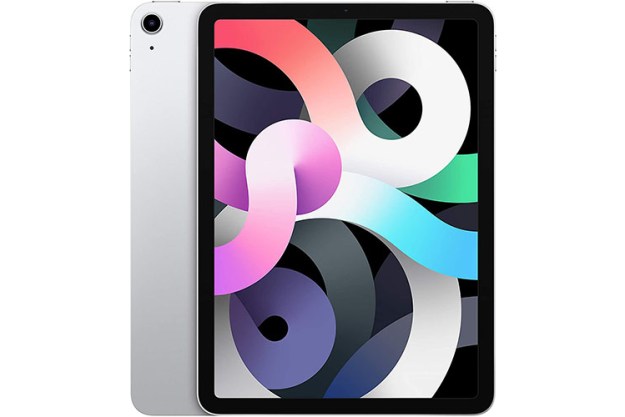The test was run by the Worldwide Web Consortium (W3C), the official organization develops web standards, so their test is the gold standard. Here are the surprising results:

Firefox 4 is slightly trailing, but Chrome 7 and Safari 5 are being left in the dust. Internet Explorer 9 has been called a game changer for the IE browser and looking under the hood, away from all the bells and whistles, it certainly appears as though that’s the case.
Microsoft heard the complaints by its community, users and web developers and is clearly in it to win it this time round.
And if you’re asking yourself what the big deal is, interoperability is critical to web designers. That allows for one site to be designed to work well on a variety of browser without major compatibility issues. Compliance with web standards across browsers is key to making that happen. “Good test suites drive interoperability. They’re a key part of making sure web standards are implemented correctly and consistently. More tests encourage more interoperability,” the W3 notes on the site listing the test results, and we couldn’t agree more.
If you’d like to view the official summary prepared by W3 that included all the approved HTML5 tests visit the results page. The tests can be run and inspected individually using W3’s test runner, see http://test.w3.org/html/tests/harness/harness.htm.


